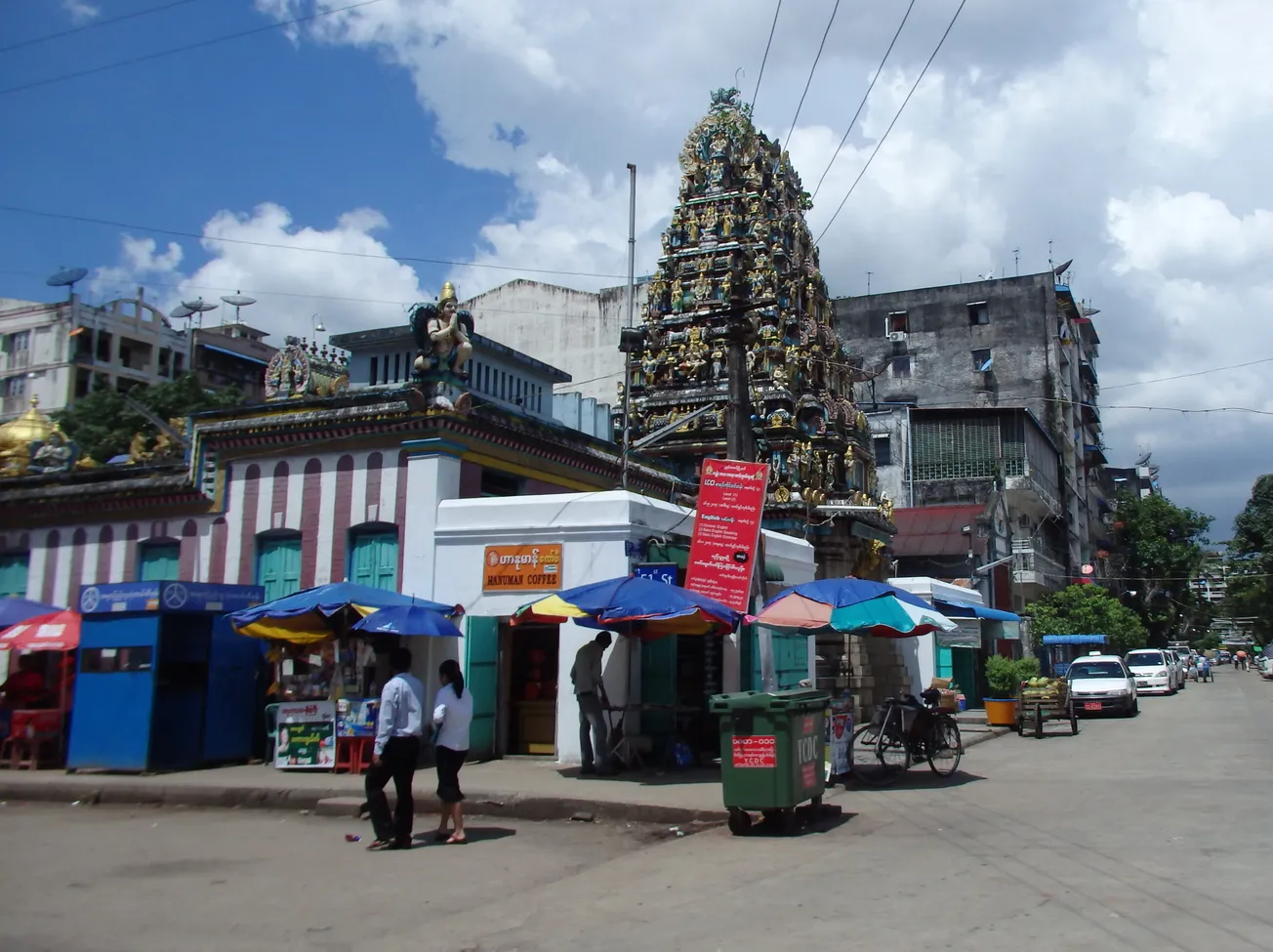Table of Contents
Interesting times in Myanmar
As promised in my last letter, I thought we would have a bit of a change this week. There is so much going on in the UK that I would need a letter a day to do justice to it. Resignations from the health sector, no resignations from the Government; masks on directives, masks off directives; sing Rule Britannia, don’t sing Rule Britannia; the list of confusion, prevarication and muddle goes on.
This week and next week I should have been in Myanmar, but because of travel restrictions I am in the UK and taking part in zoom conferences instead of being there in person. I thought it would make a change if I gave a report from Myanmar based on my impressions gained from my conversations.
The national, regional, and state elections will go ahead on 8th November, with Daw Aung San Suu Kyi hoping to lead her National League for Democracy (NLD) party to victory. It was confirmed that both her and the President, U Win Myint will be standing in the election. The fact that this will be the second free election since her landslide victory in 2015 is a cause for celebration, but all is not sweetness and light. The military will still have 25% of the seats reserved for their nominees and they will still control key ministries, defence, police etc, Because of the structure of the constitution this gives the military a de facto right of veto over any changes to the constitution.
Earlier this year the NLD proposed 114 amendments to the constitution all of which were vetoed. This has actually given the NLD a basis for policies on which to campaign. The major handicap which faces Daw Aung San Suu Kyi is her failure to deal with the various Ethnic Armed Organisations (EAOs) which for 70 years have been agitating for more self-government in some of the states of Myanmar. This may result in a strengthening of the political position of the political wings of these EAOs and a weakening of her position vis a vis the Tatmadaw (The Burmese Army). This is worth keeping an eye on as any strengthening of the Tatmadaw and or the EAOs will have a de-stabilising effect on the region. As Myanmar’s states border Thailand, Laos and China any increase in armed activity will have an unsettling impact on both sides of the border.
COVID-19.
Myanmar has a population of 56,000,000 and has a reported number of COVID-19 cases of 580. Of these, 180 are in Rakhine state. Given the impoverished state of the Myanmar health system this has to be seen as a major success. The cases in Rakhine include employees of the United Nations and foreign aid organisations. The UN refuses to disclose how many of its staff have been affected which raises the question why are they refusing? On the bright side, Japan has given NZ$640,000,000 in emergency funding to help with mitigating the impacts of COVID-19. The cynical would see this as part of pushback by Japan against the growing influence of China in the region.
On to happier things- the weather shows all that is to be expected in the middle of the monsoon season. In Yangon today there was a high of 32c and a low of 25c with heavy rain. In typical monsoon fashion it doesn’t rain all day, just every day and is due to continue in this manner until September. Like most counties with predictable weather patterns the populace learns to adapt to it, with everyone carrying an umbrella (useful in summer when it hits 38c in Yangon). One odd thing is the height of the pavements from the road. The unwary step off and forgetting that they are no longer in Europe trip over. This exaggerated height allows the roads to double as storm drains during the monsoon.

Having said that, people cope and by the end of the day things will be back to normal.
Even though COVID-19 is still present, people are allowed outside but must wear a mask. Most businesses, cafes and restaurants have re-opened and hotels are allowed to open, after having passed a government inspection.
International commercial flights are still banned. Most staff and dependents at the British Embassy were withdrawn in April and the New Zealand Embassy has been temporarily closed.
Whilst this may cause difficulties for ex-pats still in the country at least they have access to scarce medical supplies, even if it means paying for product imported from Singapore and available at private medical clinics (for a price). The locals are not so lucky and medical supplies are getting scarcer.
In general, people seem to be bearing up stoically and taking things in their stride. I have heard it said (whispered admittedly) that it was worse under the strict regulations endured during the dictatorship, so the lockdown is no hardship. I will give another picture of life in Myanmar after I have had more updates.
If you enjoyed this BFD article please share it.









